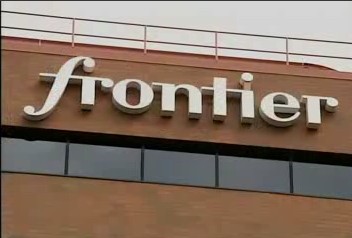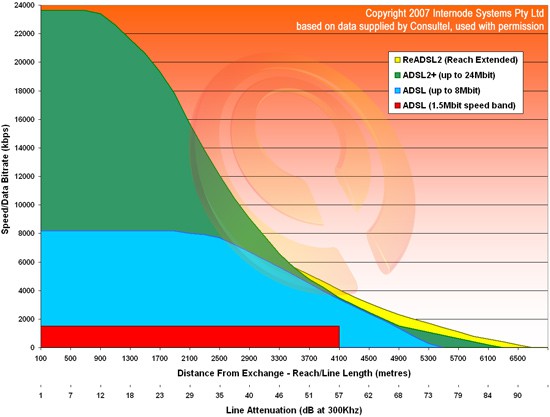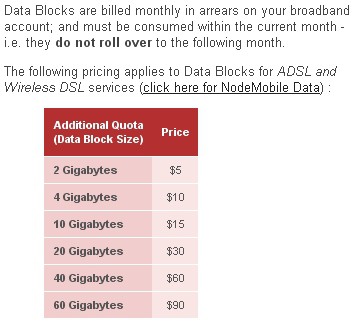CNBC host Larry Kudlow engaged in on-air lovemaking with the wireless phone industry in a shameless segment decrying Net Neutrality. His guest, Chris Guttman-McCabe, vice president of regulatory affairs at CTIA – The Wireless Association, was strictly in friendly territory as Kudlow tossed him softballs. It was an industry talking point Blitzkrieg on consumers from start to finish:
Kudlow: Potential government control of the Internet: is Net Neutrality going to limit investment and innovation and even customer service?
Reality: Saying Net Neutrality is “government control” of the Internet is like saying safety inspections are “government control” of the food industry. Without Net Neutrality, big cable and phone company providers will be the ones controlling the Internet. Will Net Neutrality really limit investment, or continue the Internet success story that investment and innovation has already produced before providers demanded you pay more. As for impacting customer service, that’s about as valid as claiming Net Neutrality will cause snakes to hide in your bed.
Guttman-McCabe: It’s a perfect storm of usage. If we’re forced to deliver every bit all the time you’re going to lead to some form of commoditization of the product.
Reality: Gasp! We can’t have that! For those who may miss the meaning, commoditization refers to a perfect storm of competition, with providers generally competing on price because their products are of similar scope and quality. Providers cannot extract higher pricing in such environments, because consumers won’t pay. In the wireless industry’s eyes, Net Neutrality forces them to actually deliver the service they promise in their marketing materials. You, as a consumer, get to choose the applications and services you wish to use and pay accordingly. The market they want is to closely control and manage the content you use on their networks, blocking or impeding “unauthorized” services that don’t have a relationship with, or approval from, your wireless phone company. Consumers actually want every bit delivered all the time, and providers are throwing a hissyfit because of it.
Kudlow: If you’re forced to deliver every bit all the time and meet the demands of these radical consumer groups, what happens to the profits of the deliverers? The profits that are supposed to go into the investments to expand the broadband delivery?
Reality: Radical consumer groups? Attacking real consumer groups that represent what consumers actually want, while providers stomp their feet when forced to deliver, doesn’t solve “the problem.” And what of the profits? That’s a good question Guttman-McCabe isn’t prepared to fully answer. The enormously profitable broadband industry, in general, earns billions and invests a small percentage of that back into expanding their networks. As our readers have learned on the wired broadband side, the logical assumption that providers will at least maintain a level percentage of revenue going back into network infrastructure isn’t always the case. Instead, some providers raise prices and limit service, blaming “increased demand.” Kudlow could ask providers what percentage of their revenues go into network expansion, and whether that has changed in the last ten years. Of course he doesn’t.
Kudlow (to Guttman-McCabe): …obviously you’re not from the telephone company or the cable company, what’s your meat in the game here, who are you representing?
Reality: The CTIA has among its members AT&T, Cox, and Verizon. Guttman-McCabe’s meat is paid for by all three, and many other industry members who belong to the group. Who does CTIA not represent? Consumers.
Guttman-McCabe: (Here come the shiny keys of distraction and misinformation, folks) I posit a question. Are they (Google) allowed to cache their content closer to the customer to provide a better service under these Net Neutrality rules?
Reality: Yes! Having redundant and strategically placed content delivery servers is a widespread, industry-accepted practice not harmed by Net Neutrality. Akamai delivers vast quantities of video content from regionally placed servers. Cable operators will be able to place servers to deliver TV Everywhere to their customers wherever they like, if they so choose. Net Neutrality does not compel web providers to run everything from a central server farm. It would, however, tell broadband providers they cannot identify and artificially slow that content delivery down just because they don’t like it on their networks. Big difference.
Guttman-McCabe: Is the Amazon Kindle, which is basically a wireless (single purpose) device — is that allowed to exist under the new Net Neutrality rules? I think these are some of the questions that will come out as the Commission considers these new rules.
Reality: Yes! Mr. Boots, your cat, will also be allowed to exist under Net Neutrality rules if he happens to jump on your keyboard while you access web pages. Your wireless picture frame, which receives digital images to display on your bookcase will also be allowed to exist even if it cannot be used to play World of Warcraft. I’m certain Guttman-McCabe and his friends will concern troll their way through the debate by throwing up lots of non-germane “concerns and questions” that they know have no relationship to the matter at hand. They are well paid to do so.
Kudlow, of course, doesn’t challenge his guest on any of these issues, because he seems in perfect agreement with the industry position. The shameless segment wraps up with the ominous notice that Net Neutrality has a long way to go and the CTIA has a “lot of educating to do.” I’ll bet.
Larry Kudlow is the host of CNBC’s The Kudlow Report (M-F, 7pm/ET).
[flv width=”400″ height=”300″]http://www.phillipdampier.com/video/CNBC Kudlow Net Neutrality 2009-09-21.flv[/flv]
Larry Kudlow interviews Chris Guttman-McCabe, vice president of regulatory affairs at CTIA – The Wireless Association on Net Neutrality (9/21/09) (4 minutes)


 Subscribe
Subscribe








